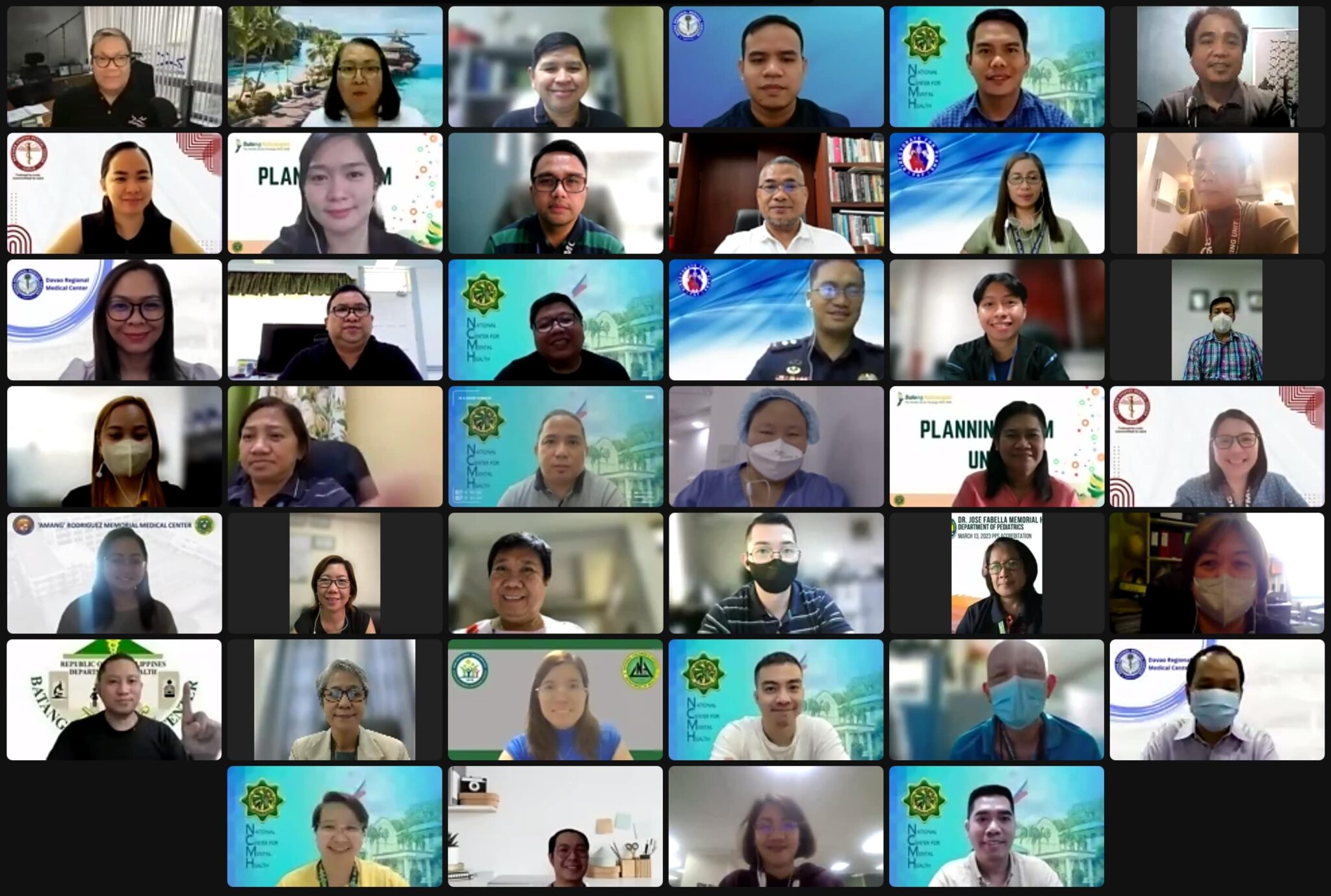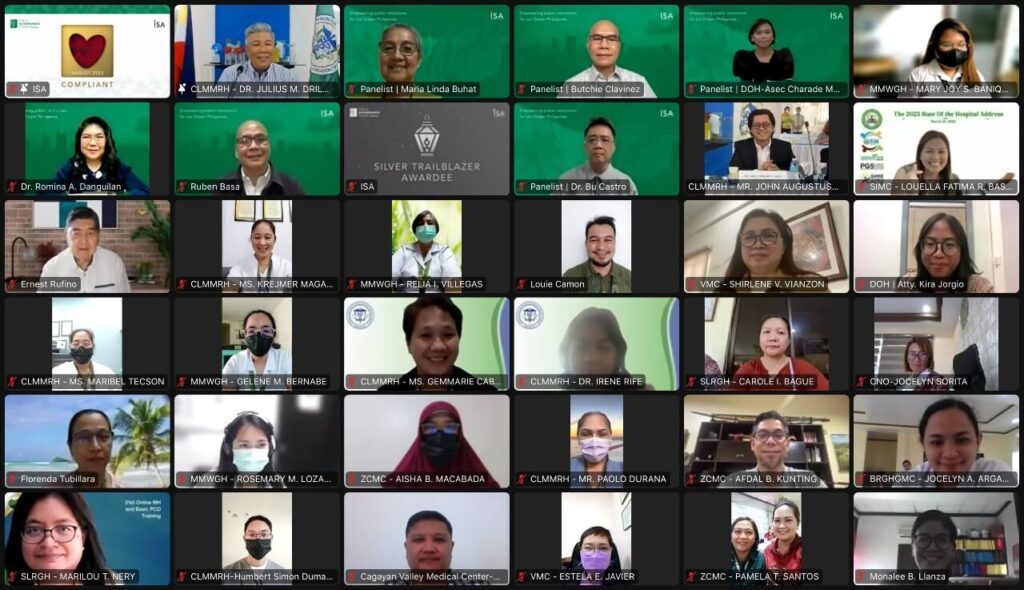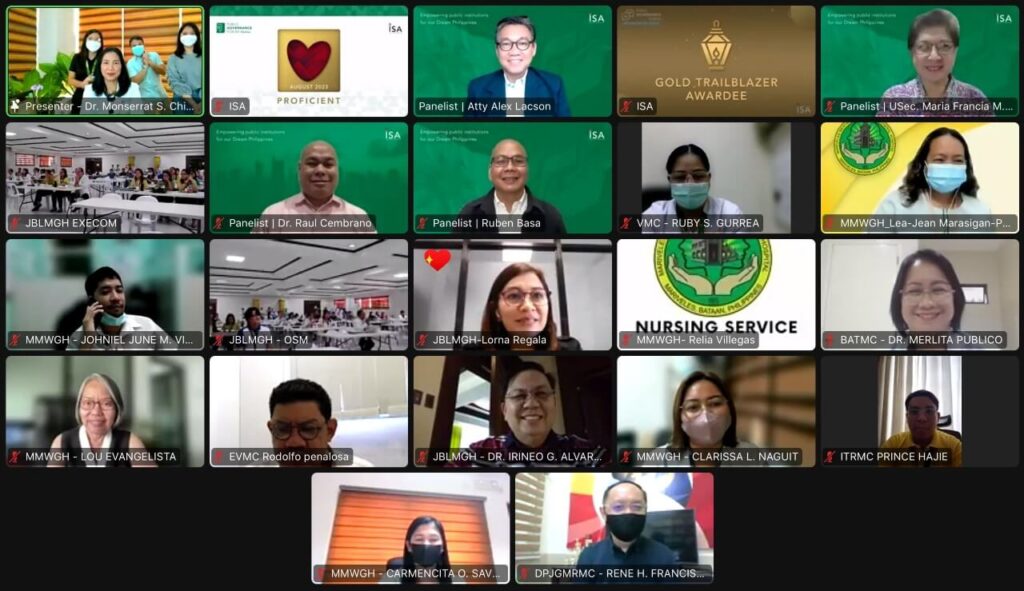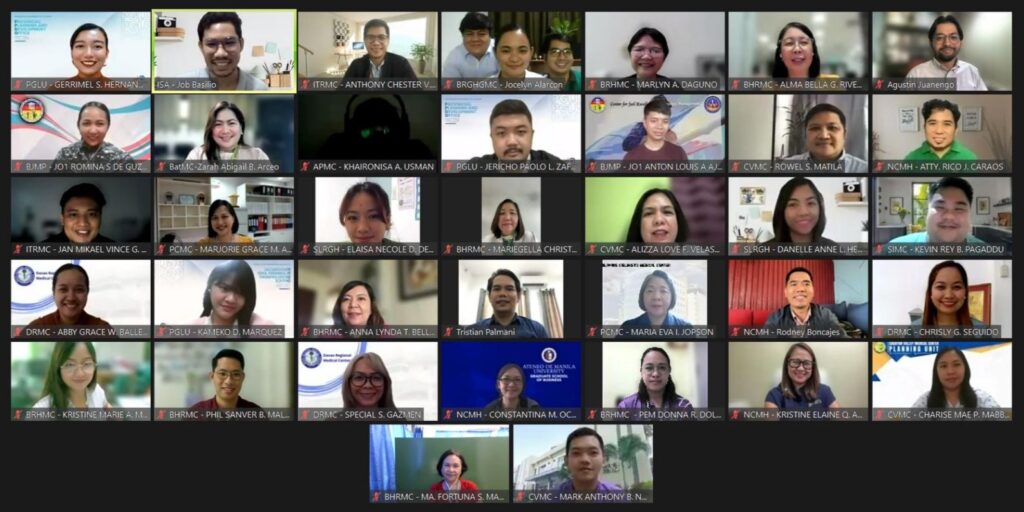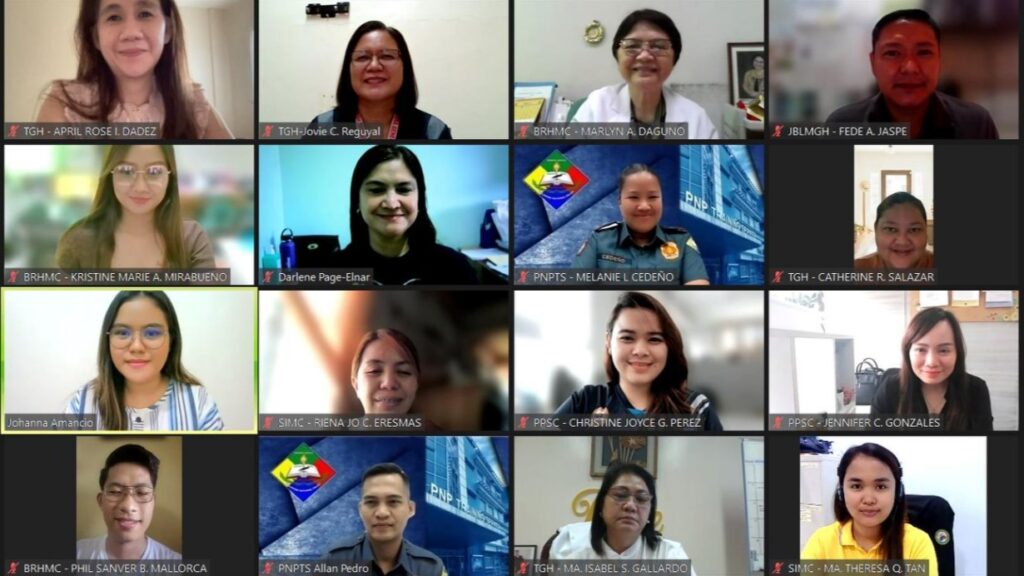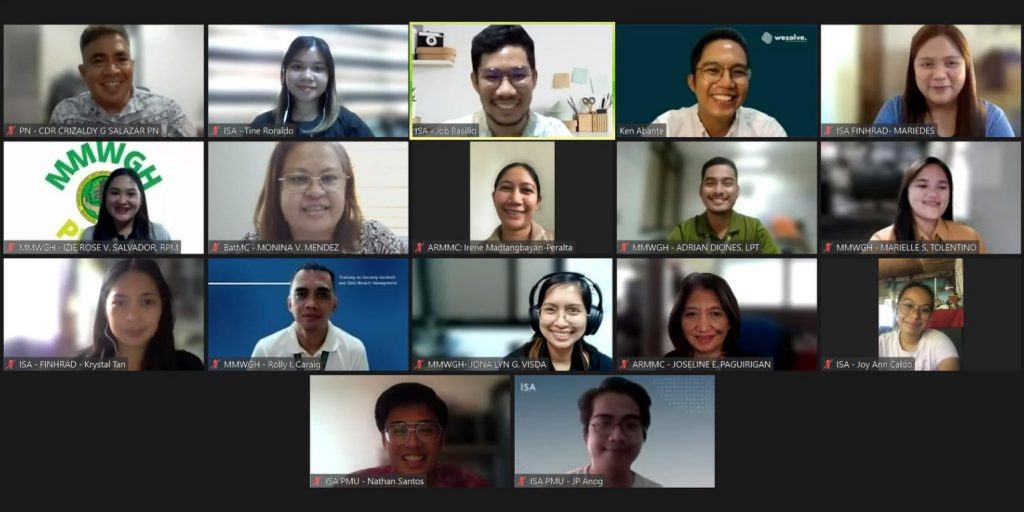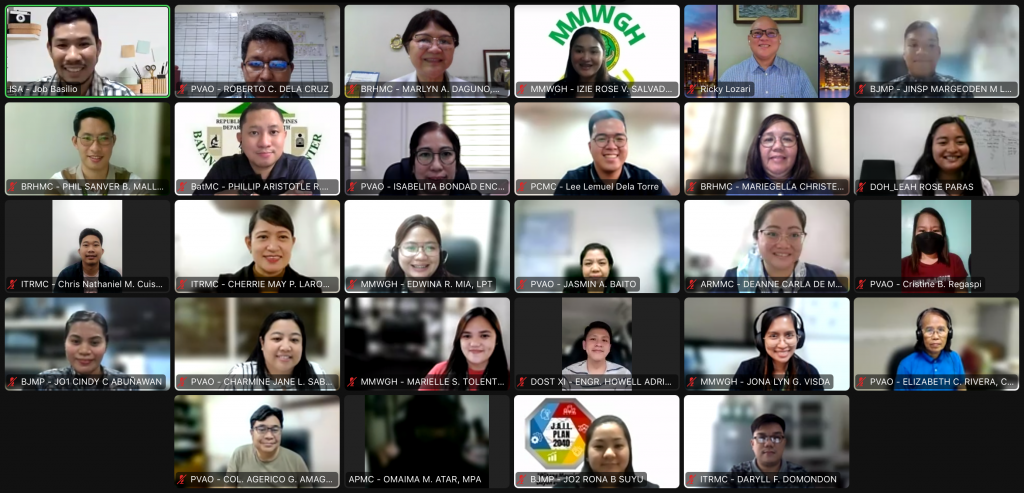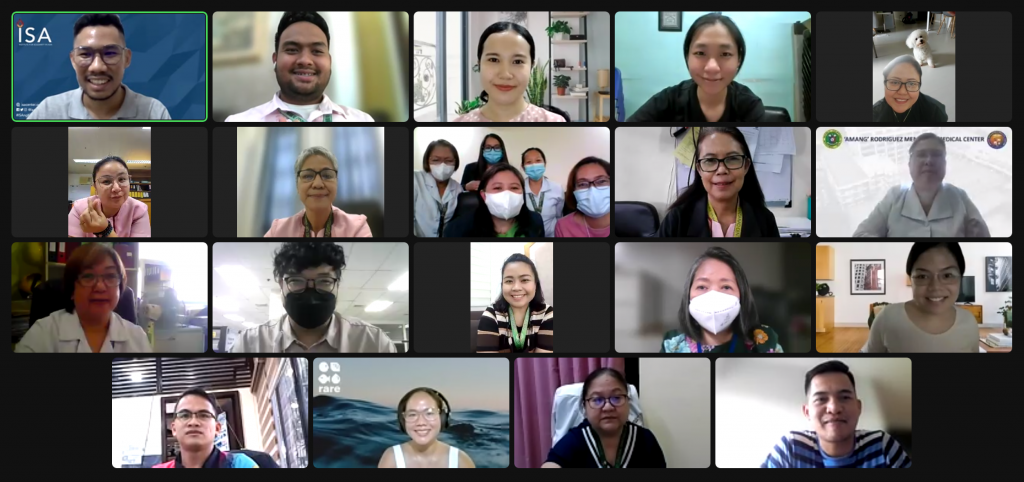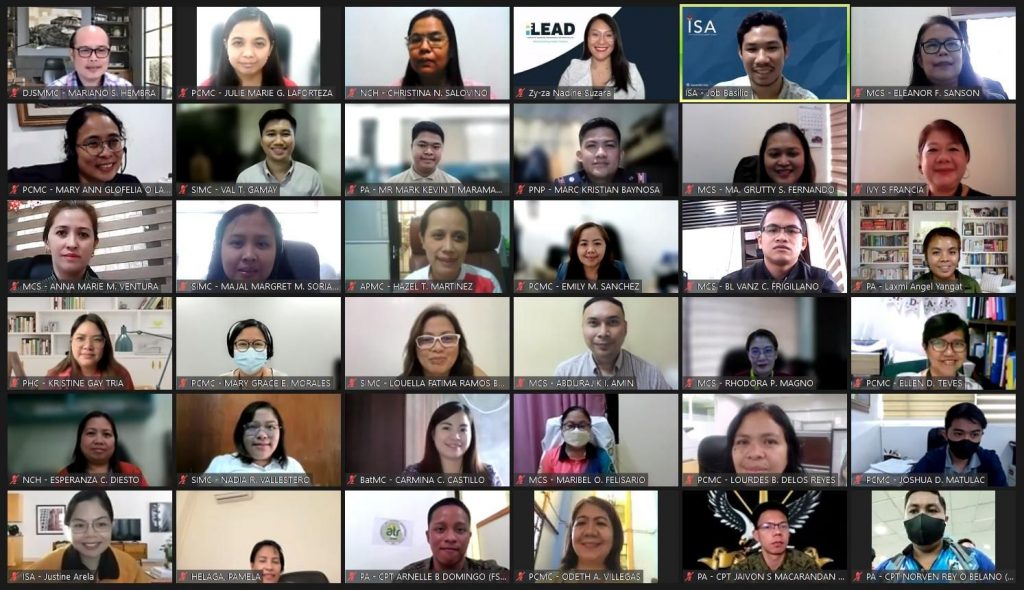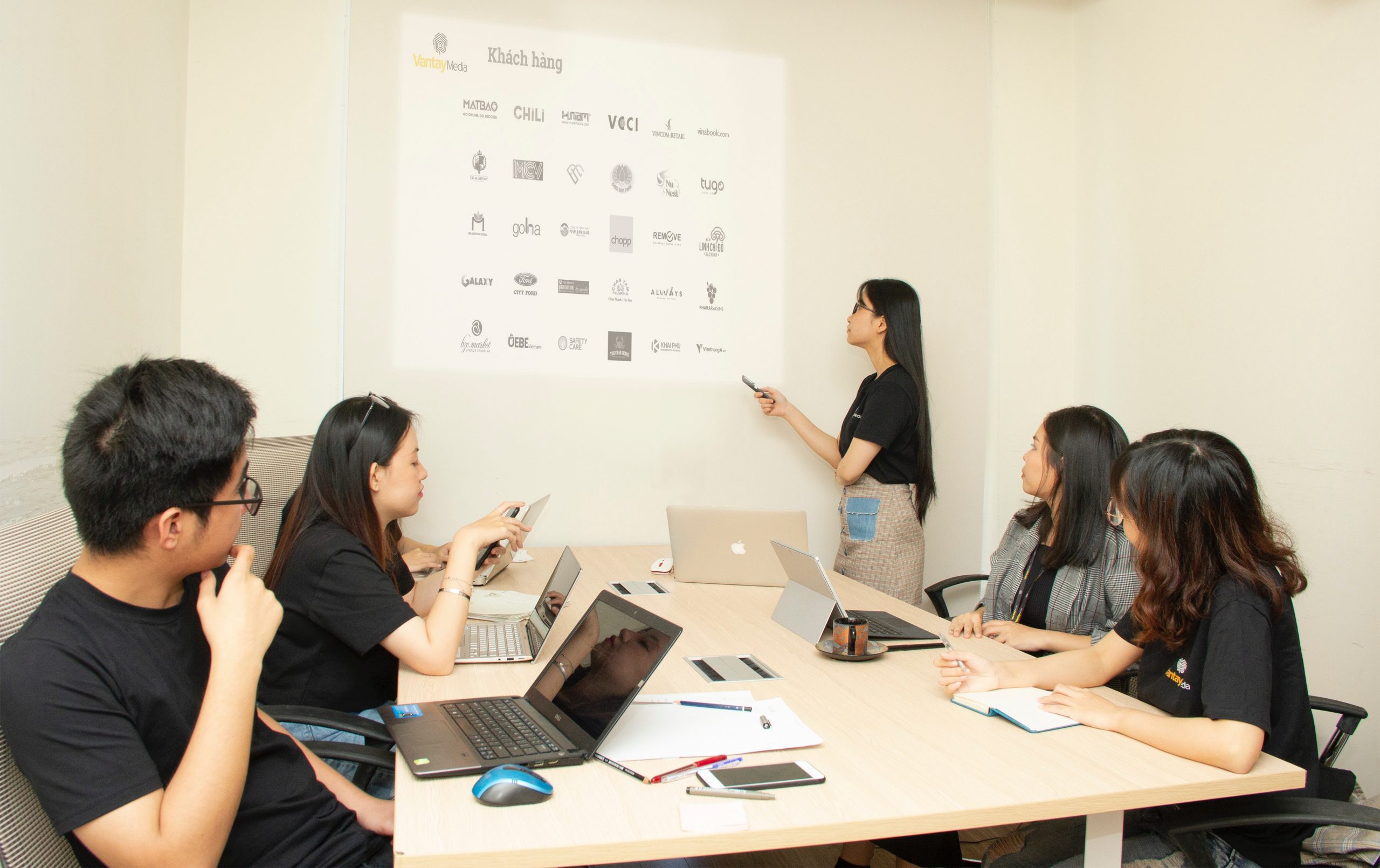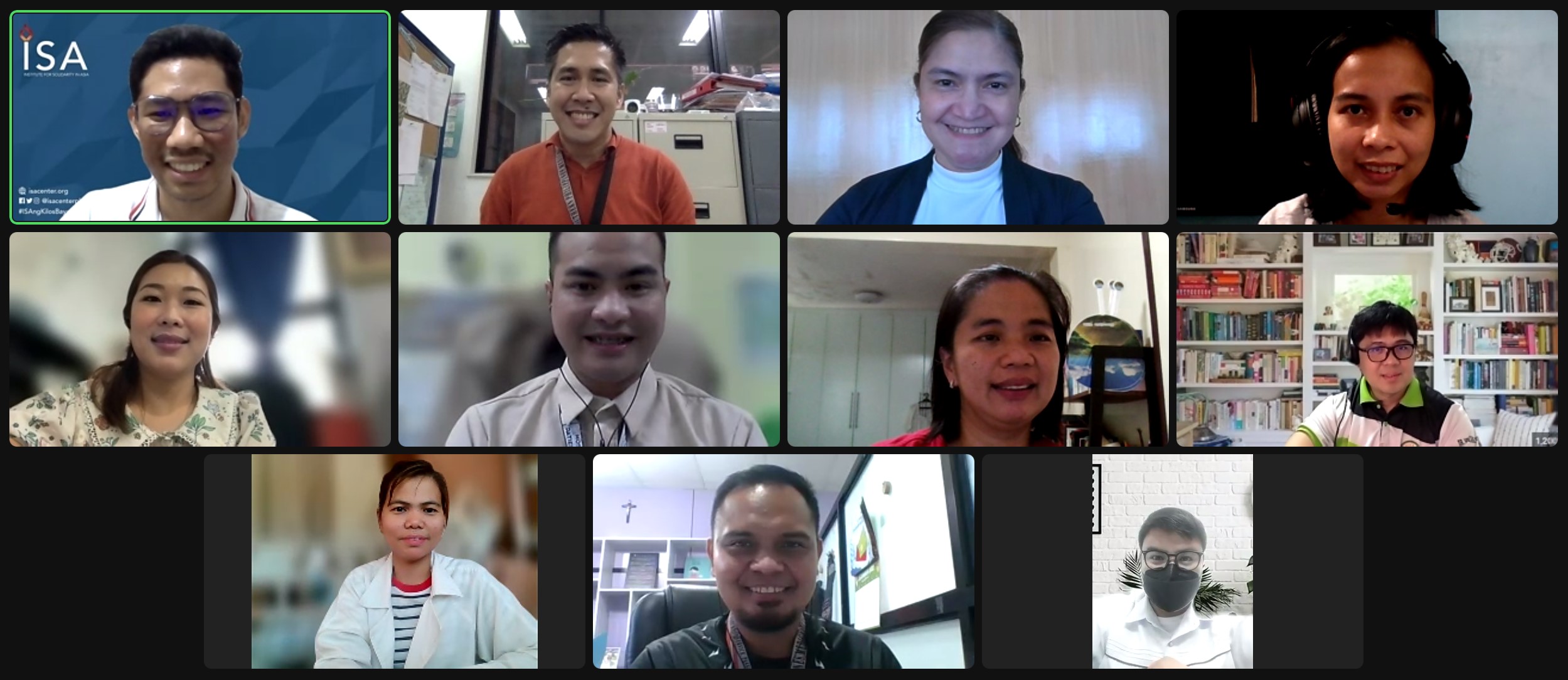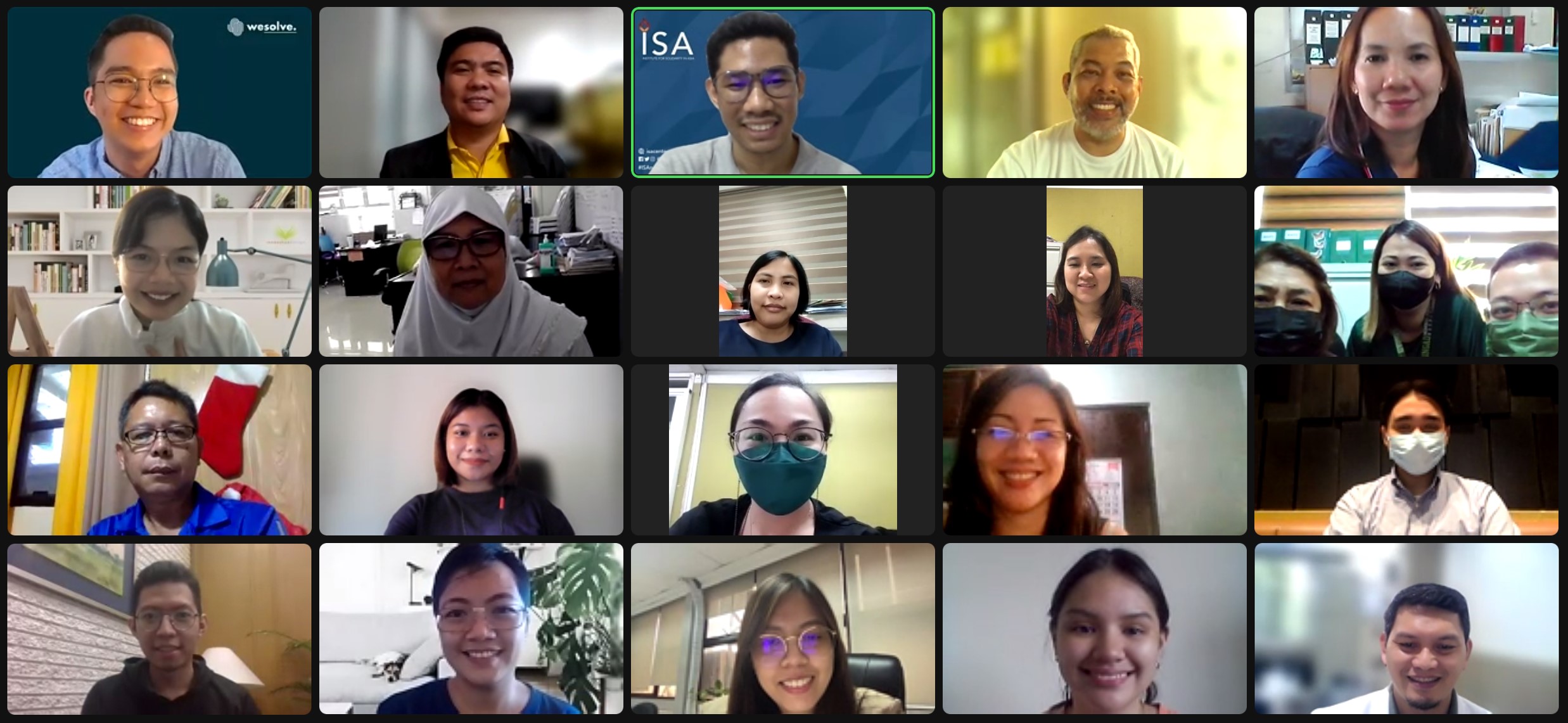Leadership is a critical component of any successful organization, and while some may argue that it is an innate trait, the reality is that effective leaders are developed through intentional training and development. Like the captain of a ship, a leader must be able to chart a clear course towards their destination while inspiring and guiding their team to achieve their goals.
To help empower leaders and team members with the necessary skills to succeed in strategic management, the Institute for Solidarity in Asia (ISA) conducted its latest Skills Lab course on Strategic Planning and Management last March 16 to 17. Called “Turning the Ship Around Through Organizational Leadership”, the two-day workshop was led by Dr. Romulo “Omy” Romero, CEO and Principal Consultant OTi Philippines, Inc. and ISA Associate, and attended by 50 delegates from 13 organizations.
To begin his workshop, Dr. Romero described the environment in which we live and work as a “VUCA world”, which stands for volatile, uncertain, complex, and ambiguous. In this world, change is constant, and it can be difficult to predict what will happen next. However, according to Dr. Romero, one way to navigate this landscape successfully is to reinterpret VUCA into vision, understand, clarity and collaborate, and agile. By embracing this new meaning, individuals and organizations can navigate the complexities of the VUCA world and emerge stronger and more resilient.
Apart from delegating tasks and making decisions, effective leadership is also about how leaders interact with their team members. To be a successful leader, Dr. Romero introduced the three As of leadership effectiveness: aware, accept, and adapt. Being aware means understanding how our behavior affects others and how we react to other people. Accepting ourselves and others is another crucial aspect, where leaders must take their strengths and areas of improvement and recognize that everyone is different. Adapting your behavior to meet the needs of others and specific situations is also critical to fit the needs of your team members and achieve the desired outcomes.
To understand how people interact with one another and avoid misunderstandings in the workplace, Dr. Romero highlighted the importance of improving communication and collaboration. He then introduced the DISC Behavior model, a psychometric assessment tool that measures four behavioral traits: Dominance, Influence, Steadiness, and Conscientiousness.
During the workshop, the delegates were asked to take a DISC Online Assessment. Those who fall under the Dominance category are characterized by their direct communication style and their willingness to take charge of situations. On the other hand, the Influence profile is very sociable and enthusiastic, preferring jobs that require them to encourage and persuade others. People under the Steadiness profile are known for their helpfulness and desire for routine and predictability. They like jobs that anticipate the needs of others and strive to prevent surprises. Lastly, the Conscientiousness profile is marked by their analytical and careful approach to communication. They tend to think before they speak and are motivated by understanding the reasoning behind decisions.
As a rule of thumb, Dr. Romero advised the delegates to go through validation upon receiving their results. However, he reminded the delegates that whether individuals resonate with their results or not, the self-assessment and awareness gained from the DISC Profile can lead to improved self-awareness and stronger relationships with colleagues.
“‘Pag ka nag-adminsiter ka daw ng psychometric assessment like the DISC profile, bigyan mo ng pagkakataon ang mga tao na sumagot na mag-validate kung totoo ba ‘yan o hindi,” Dr. Romero advised. “The proof of validity is your personal validation.”
According to Dr. Romero, organizations today face numerous threats that can impact their survival, including the inability to innovate, losing competitive advantage, ineffective recruitment, selection, and placement processes, poor leadership and communication, and shift in the business or mission model.
By prioritizing innovation, investing in people, ensuring effective recruitment and leadership, and adapting to changing business models, organizations can not only survive but also thrive in today’s rapidly evolving business landscape.

